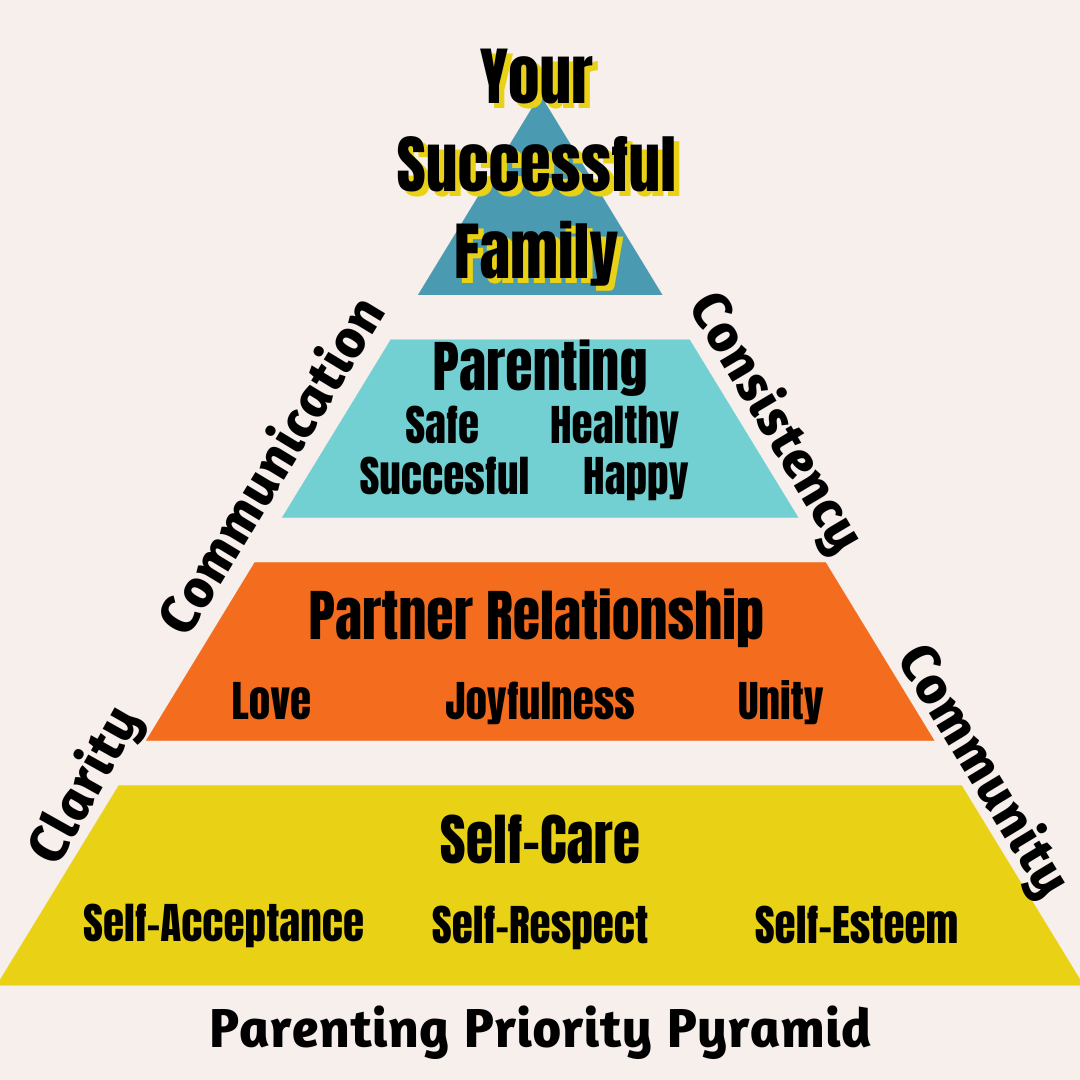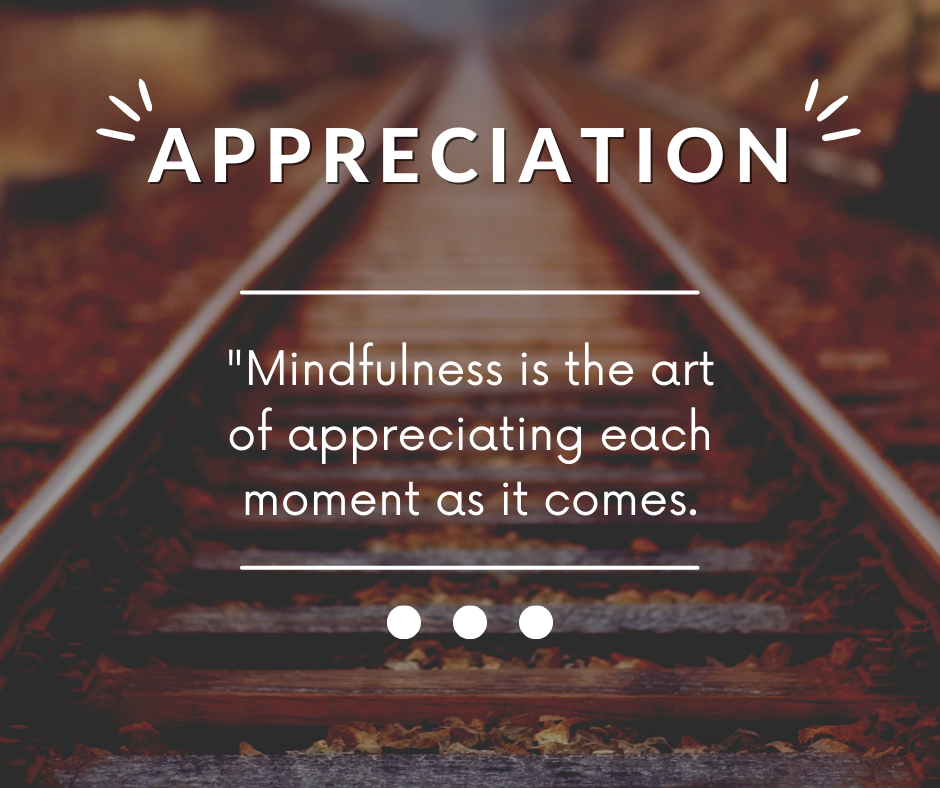
Crafting a Family Mission Statement: A Roadmap to Unity
In a world that often feels divided, the family has the power to be a sanctuary of unity and purpose. One of the most effective ways to cultivate this unity is by creating a family mission statement. Think of it as a compass—a guiding star for your family’s values, goals, and dreams. But how do you make this happen, especially if your kids are older and roll their eyes at the thought?
This post will walk you through creating a meaningful mission statement that embraces everyone’s unique personality and shows how the virtue of Unity can shine in beautifully distinct ways.

What Is a Family Mission Statement?
A family mission statement is a collective declaration of your values, priorities, and the kind of family you aspire to be. It’s not about being perfect; it’s about aligning your efforts and celebrating your shared vision.
Step 1: Setting the Stage (Even for Reluctant Teens)
Let’s face it: getting everyone on board might require some creativity, especially if you’re dealing with older kids who’d rather be on their phones. Here are some tips:
-
-
- Frame It as a Team Effort
Teens love being treated like adults. Present the mission statement as a way to define what’s important to your family, emphasizing their input and ownership in the process. - Use Food as a Bridge
Nothing brings people together like snacks! Set up a “Mission Statement Night” with everyone’s favorite treats to create a positive, relaxed atmosphere. - Leverage Their Passions
Tie the mission statement to their interests. For example, if your teen loves art, they can design the visual layout. If they’re into tech, let them create a digital version. - Keep It Short and Fun
Aim for a one-hour session. Use prompts or games to keep it engaging, like asking, “If our family were a superhero team, what would our mission be?”
- Frame It as a Team Effort
-
Step 2: Discovering Your Core Values
Here’s where the magic happens. Start by brainstorming your family’s core values. These can include kindness, honesty, adventure, or creativity.
Activity Idea: “Values Brainstorm”
-
-
- Give each family member a stack of sticky notes.
- Ask everyone to write down values they think represent your family, one per note.
- Group similar ideas together and narrow them down to 3-5 core values.
-
Step 3: Crafting the Statement
With your values in hand, it’s time to write the statement. Keep it simple and meaningful. Here’s a formula to get you started:
“Our family values [core value 1], [core value 2], and [core value 3]. We strive to [action or behavior] and [aspiration]. Together, we aim to [big-picture vision].”
Example:
“Our family values kindness, adventure, and honesty. We strive to support one another and explore the world with curiosity. Together, we aim to grow and share our love with others.”
Step 4: Showcasing Unity in Unique Ways
Unity doesn’t mean sameness. It means harmonizing different strengths and personalities. Here’s how the virtue of Unity might look for different family members:
-
-
- The Extroverted Teen: Shows kindness by organizing family movie nights.
- The Creative Child: Expresses love through hand-drawn cards for family celebrations.
- The Quiet Parent: Models honesty by admitting mistakes and sharing life lessons.
- The Adventurous Parent: Demonstrates curiosity by planning a family camping trip.
-
By celebrating these differences, you create a mosaic of unity where everyone’s unique contributions shine.
Step 5: Living the Mission Statement
Once your mission statement is complete, keep it alive! Here are some ideas:
- Display It
Frame it and hang it where everyone can see. This daily reminder reinforces your shared vision. - Check-In
Set aside time (monthly or quarterly) to revisit the mission statement. Celebrate how you’ve lived your values and brainstorm ways to improve. - Celebrate Wins
When someone embodies a core value, call it out! For example, “Thanks for being so patient with your sister—you really showed our value of kindness today.”
Creating a family mission statement isn’t just about words on paper; it’s about building a culture of unity that withstands life’s ups and downs. You’ll create a legacy of love and purpose by involving everyone—even the skeptics—and celebrating each person’s unique way of expressing virtues.
So, what are you waiting for? Gather your crew, grab some snacks, and start crafting your family’s mission statement today. Together, you can build something truly extraordinary!
Joe is a husband, father, grandfather, author, speaker, educator, course creator, and parent/family coach.
He helps parents develop unity, find clarity, communicate, and develop consistency in their parenting with the Four C’s of Successful Families. You can find his work on social media.
In addition, the Four C’s newsletter is enjoyed by many as it encourages parents to self-care, build their relationships with their partners, and raise their children.
And he loves to golf!







